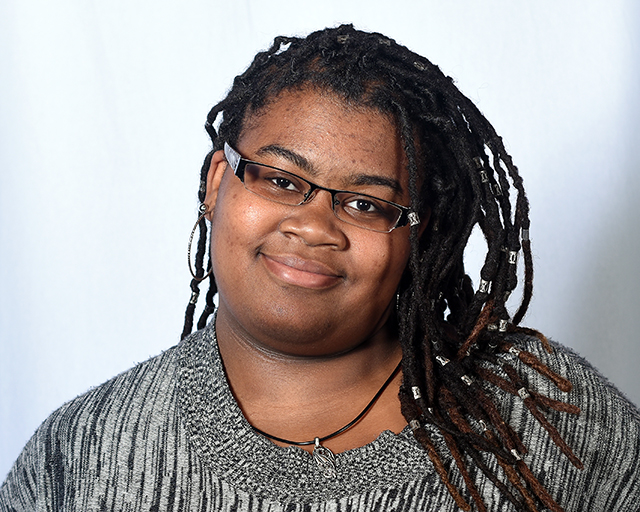Keilah Davis | Staff Writer
Last year’s percentage of black students admitted to NC State was notably high while the fraction of those students who ultimately enrolled in NC State was low, according to Dr. Mike Mullen, Vice Chancellor and Dean of Academic and Student Affairs.
“Part of this change is related to new ethnicity classifications, such as a ‘two or more races’ category,” said Louis Hunt, Senior Vice Provost for Enrollment Management and Services.
In 2007, the U.S. Department of Education changed its regulations to allow students to select more than one race on college applications.
Enrollment data from the Office of Institutional Research and Planning show that the percentage of black undergraduate students at NC State decreased from 9.3% in fall 2006 to 6.0% in fall 2016. However, this data only includes students who identified as “black or African American.”
In fall 2009, 7.5% of new freshmen selected “black or African American” only while 8.5% selected “black or African American” at all. In fall 2016, those numbers decreased to 5.8% and 7.0% respectively.
Students who decline admission have the option to explain their reason for declining. One of the most common reasons for all students, including minority students, is the financial aid they were offered at other institutions. Another common reason is that NC State was their second choice to schools like UNC-Chapel Hill. Yet many minority students mentioned that NC State was “not the right fit” for them.
“The black community at Georgia Tech in Atlanta was much stronger than NC State. I received countless emails from them about help and assistance and programs while I may have received one from NC State,” one black student said.
Ronnie Chalmers, associate director of Undergraduate Admissions, noted the importance of minority student involvement with opportunities like University Ambassadors and pre-college programs.
“When students come to campus, they need to see a diverse group of students involved,” Chalmers said.
Recently, the Office of Undergraduate Admissions began sending a “You Fit” brochure to admitted underrepresented students and a “First Generation Guide” to students first in the family to attend college.
Additionally, the Office of Institutional Equity and Diversity sponsors the University Diversity Mini-Grant program, which provides seed grant funding for proposals that improve recruitment from underrepresented groups. Programs like the Native Education Forum and 2016 Diversity Leadership Symposium were initiated through these mini-grants.
The Native Education Forum is a six-day residential summer program where Native American high school students are exposed to a college classroom setting while interacting with Native faculty, staff and students.
Another pre-college program at NC State is the Emerging Scholars Academy, an academic enrichment program for high school students interested in the African American experience and culture.
“There has been new and continuing [recruitment] efforts by the colleges’ diversity directors and assistant deans, in addition to work with the Office of Admissions,” Dr. Tracey Ray, assistant vice provost for student diversity, said. “In addition, many of the college’s diversity directors and assistant deans have added unique initiatives.”
One of those college-sponsored programs, Wolfpack Weekend, is hosted by the College of Sciences and College of Natural Resources. Other programs include Brothers United in Leadership Development (B.U.I.L.D.), hosted by the College of Education, and African American Family Science and Technology Awareness Day, hosted by the college of Engineering.
Some colleges also hold their own admitted student days in addition to those hosted by the Office of Undergraduate Admissions.
“I think we could do a better job communicating what we do including the good news and the things we can improve on,” Chalmers said.


